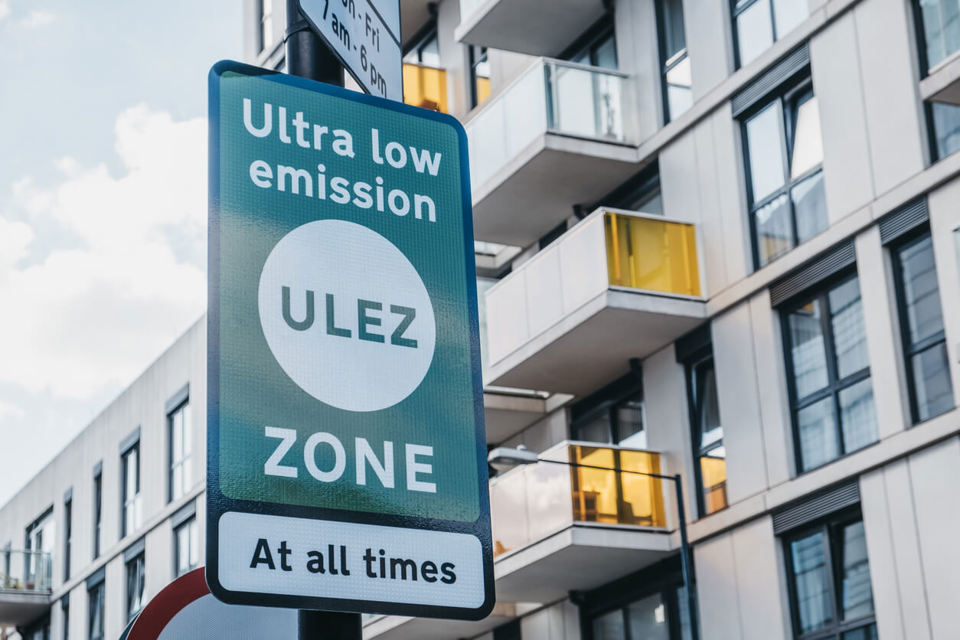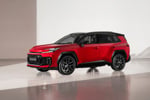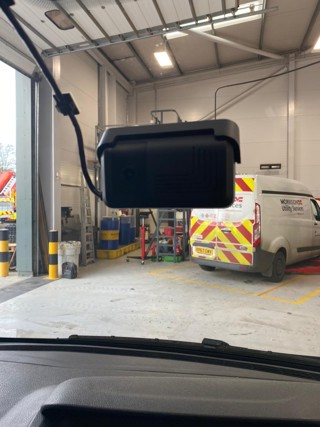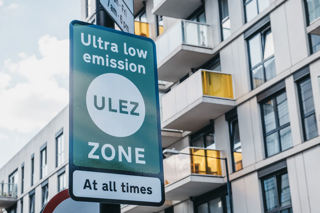Pump prices, the driver shortage and the expansion of clean air zones are the top three issues concerning fleet decision-makers right now, new research suggests.
Two-in-five fleets (41%) cited fuel costs as a key concern in 2023, while just over a third (33%) of respondents highlighted the driver shortage and more than a quarter (27%) of respondents were worried about councils introducing low emission zones.
London’s ultra-low emission zone (ULEZ), for example, will be expanded to operate across all London boroughs up to the existing low emission zone (LEZ) boundary from August 29.
Road safety (22%), having to more with their fleet without any additional budget or resource (17%) and poor roadside facilities for drivers (17%) also featured.
In addition, the survey of 150 fleet managers, commissioned by Samsara, reveals key priorities for fleets for the year ahead, with upgrading vehicles (98%) mentioned by almost every respondent.
Fleets have been forced to run vehicles for longer due to the supply of new cars, vans and trucks being squeezed, because of the semiconductor shortage.
Investing in technology (94%), reducing costs (94%), driver retention (92%) and recruiting more drivers (90%) also featured.
In terms of sustainability, four out of five fleets (83%) said increasing the sustainability of the fleet was a priority, with exactly the same percentage of respondents highlighting the importance of making their fleet operations more efficient.
Some 81% of fleets also said that moving to electric or hybrid vehicles was a priority for them this year.
The research, presented in a new Samsara report — 2023: The Road Ahead — highlights a long list of operational challenges that fleet managers need to overcome, which includes improving road safety, increasing efficiency, and recruiting more drivers.
Investing in technology
Some 94% of fleet managers are investing in new technology in 2023 to boost operational performance and improve the driver experience.
The majority see clear benefits to introducing connected technologies such as sensors and dashcams, including reduced paperwork (82%), improved supply chain efficiency (75%) and the ability to more easily transition to EVs or hybrid vehicles (68%).
The move will be welcomed by drivers too, with a Samsara-commissioned survey of 1,000 commercial drivers of small and large vans, HGVs, and other vehicles revealing large numbers believe a variety of connected technologies would have a positive impact on their job, including dashcams (78%), GPS routing (77%), and mobile-based workflow tools (68%).
“Fleet managers recognise that technology can play a big role in creating a modern fleet and critically so do their drivers,” said Philip van der Wilt, senior vice president and general Manager EMEA for Samsara.
“More importantly, fleet managers understand the importance of data to power their operations to make them safer, more efficient, and more sustainable.”
He continued: “Our findings confirm what we have known for some time — that if fleets want to future-proof their operations, they need to modernise and embrace technology.
“All of the challenges detailed in this report — from high fuel costs and driver shortages to regulatory changes, road safety, and the transition to EVs — can be mitigated by using smart, connected technology.
“As this report shows, fleet managers are moving to embrace technology to modernise their fleets. Those who don’t will be in danger of getting increasingly left behind and losing competitive advantage.”
To read the Samsara report, click here.






















Login to comment
Comments
No comments have been made yet.